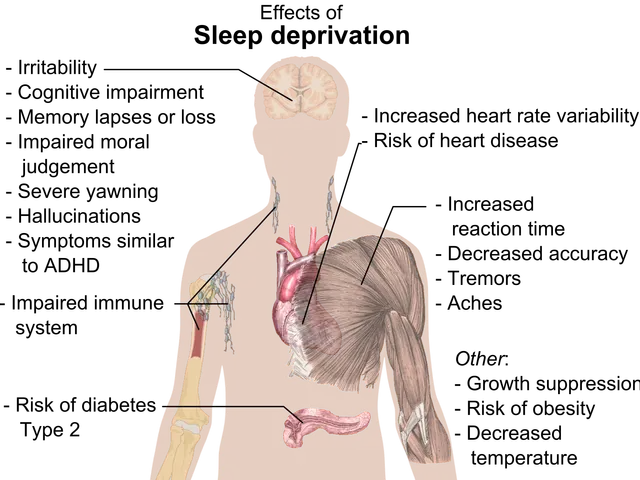Empowering Korean Women's Self-esteem through Hwa-Byung
Mental health is a critical aspect of well-being, and for middle-aged Korean women, the culturally-bound syndrome known as Hwa-Byung can pose a significant challenge. This syndrome, characterized by insomnia, fatigue, panic, heart palpitations, and other physical and emotional symptoms, is often the result of unresolved anger and resentment stemming from familial and societal pressures.
Hwa-Byung is deeply rooted in family relationships, with strained ties and marital conflict being major contributing factors. The pressure to prioritize family harmony over personal emotional well-being can lead to feelings of being trapped or powerless, exacerbating symptoms of Hwa-Byung.
Traditional gender role attitudes in Korea also play a significant role. Women are often expected to prioritize caregiving and maintaining family cohesion, leading to suppression of personal grievances and dissatisfaction. This internalized gender role belief reinforces emotional bottling, further contributing to Hwa-Byung symptoms.
Self-esteem is another critical factor. Women with lower self-esteem may lack the psychological resources to cope with familial and social pressures, making them more vulnerable to the somatization and psychological distress characteristic of Hwa-Byung. Conversely, higher self-esteem can serve as a protective factor, mediating negative effects from family and gender role stressors.
However, contrary to initial expectations, self-esteem was not significantly associated with Hwa-Byung symptoms in middle-aged Korean women. Instead, daily self-reflection, journaling, light exercises, maintaining friendships, and seeking professional help have been shown to boost resilience and improve self-esteem in individuals with Hwa-Byung.
A holistic approach is necessary to effectively address Hwa-Byung. This includes improving familial relationships, promoting healthy communication, supporting women who challenge traditional gender norms, and bolstering self-esteem and self-care. Educational programs that raise awareness of Hwa-Byung, its causes, and available coping strategies can be helpful for middle-aged women suffering from Hwa-Byung.
Cognitive-behavioral therapy for Hwa-Byung teaches emotional expression, changes negative self-beliefs, and boosts self-confidence, restoring self-esteem after stress. Mindfulness and breathing exercises can also reduce stress, relieve physical tension, and foster self-awareness, strengthening the self-esteem of women with Hwa-Byung.
Community support and solidarity are essential in reducing the stigma associated with Hwa-Byung and promoting well-being. A safe and supportive environment for women to express their feelings and seek help is crucial, as is fostering a sense of empowerment through validation of emotions.
In conclusion, the interplay of conflictual family relationships, traditional gender role expectations, and low self-esteem collectively influence the onset and severity of Hwa-Byung among middle-aged Korean women. Prioritizing mental health and well-being is crucial in the prevention and treatment of Hwa-Byung, and a combination of individual and community-based interventions can help address this important issue.
- The holistic approach to addressing Hwa-Byung in middle-aged Korean women involves not only improving familial relations and promoting healthy communication but also strengthening self-esteem through therapies like cognitive-behavioral therapy, mindfulness, and breathing exercises.
- Science and health-and-wellness professionals have found that daily self-reflection, journaling, light exercises, maintaining friendships, and seeking professional help can boost resilience and improve self-esteem in individuals dealing with Hwa-Byung.
- In the midst of diverse factors contributing to Hwa-Byung, such as strained family relations and traditional gender role beliefs, mental health remains a critical aspect affecting well-being; thus, reducing the stigma and promoting awareness about Hwa-Byung and its coping strategies are essential for womens-health.





